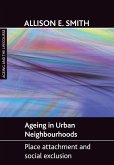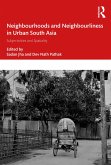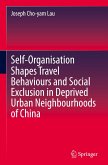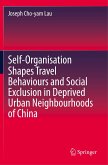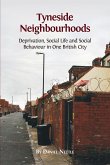Many Western nations have experienced a rise in the number of marginalized and deprived inner-city neighbourhoods. Despite the amount of research that has focused on these areas, there remain few studies that have sought to capture the 'optimality' of ageing in place in such places. Given the growth in both the ageing of the population and policy interest in the cohesion and sustainability of neighbourhoods, there is an urgent need to understand better the experiences of older people living in these areas and the impact on the process of ageing. This book draws attention to the impact of urban deprivation on older people's lives. The book suggests a rethinking and refocusing of the older person's relationship with place, and it addresses the shortfall in knowledge regarding older people's attachment to deprived neighbourhood. It also discusses policy impact and future research.
This book addresses the shortfall in knowledge regarding older people's attachment to deprived neighbourhoods, offering a re-conceptualisation of environmental gerontology. The author examines new research, challenging the common view that ageing 'in place' is optimal, particularly within areas that present multiple risks to the individual.
Hinweis: Dieser Artikel kann nur an eine deutsche Lieferadresse ausgeliefert werden.
This book addresses the shortfall in knowledge regarding older people's attachment to deprived neighbourhoods, offering a re-conceptualisation of environmental gerontology. The author examines new research, challenging the common view that ageing 'in place' is optimal, particularly within areas that present multiple risks to the individual.
Hinweis: Dieser Artikel kann nur an eine deutsche Lieferadresse ausgeliefert werden.


